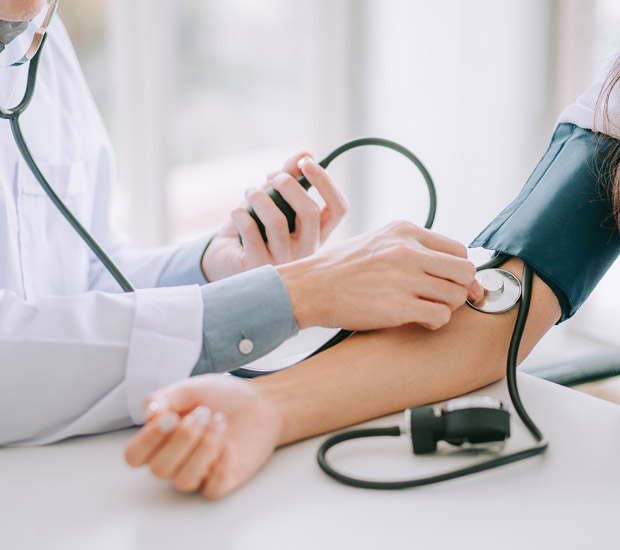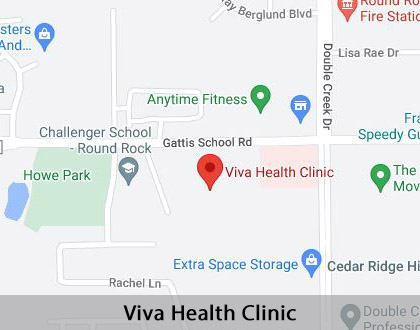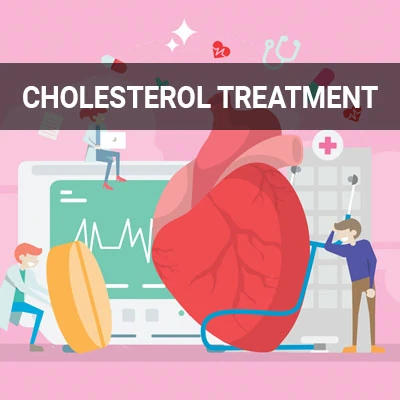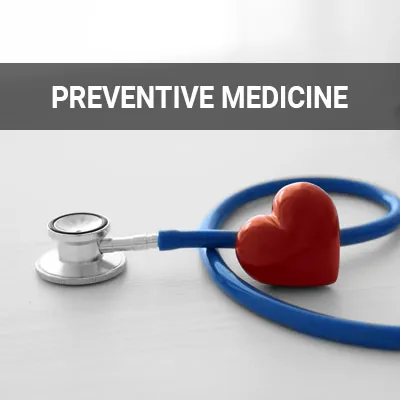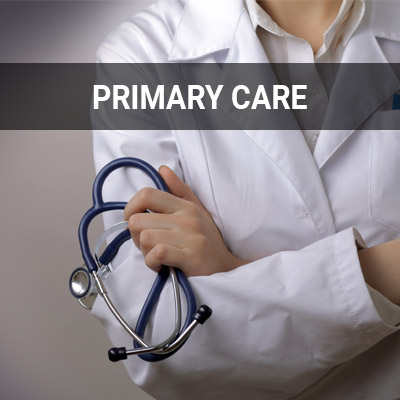Hypertension Treatment Round Rock, TX
Hypertension treatment allows patients to manage symptoms of this condition and attain good health. Hypertension is an exceedingly common medical condition that can put a person at risk of adverse events, such as heart attack and stroke. Identifying and treating hypertension can help people keep the condition under control and avoid future health problems.
Hypertension treatment is available at Viva Health Clinic in Round Rock. Our team is here to help treat your condition and educate you on managing your symptoms on your own. Call us at (512) 243-5872 to learn more or schedule an appointment.
What is Hypertension?
Hypertension and high blood pressure are often used interchangeably. Hypertension is the medical term for high blood pressure. It is defined by two numbers that exist in a ratio; a person's systolic blood pressure over their diastolic blood pressure. According to the Centers for Disease Control and Prevention (CDC), a blood pressure reading greater than 120/80 mmHg is considered higher than normal.
The most common type of hypertension is known as essential hypertension, which has no clear cause. Other types of hypertension, known as secondary hypertension, may result from problems with the kidneys or blood vessels. While there are known specific causes of essential hypertension, there are many risk factors: genetics, cigarette smoking, obesity, lack of physical activity, excessive salt or alcohol intake, and stress.
“The most common type of hypertension is known as essential hypertension, which has no clear cause.”
Signs and Symptoms of Hypertension
Hypertension is an especially insidious condition because it often has no symptoms at all. A person's blood pressure may be mildly elevated for years, and they may have no idea. This is why it is essential to routinely visit a healthcare provider to have a blood pressure check.
In its severe stage—when hypertension has begun to cause damage throughout the body—hypertension can cause symptoms such as headache, confusion, dizziness, fatigue, visual changes, chest pain, shortness of breath, and blood in the urine. It can also cause conditions such as heart attack and stroke.
“A person’s blood pressure may be mildly elevated for years, and they may have no idea.”
Benefits of Professional Treatment
When it comes to managing hypertension, seeking professional treatment is key. Primary care healthcare providers assess a person for hypertension and look for other conditions that correlate with hypertension. They are up to date on current medical recommendations for hypertension management, as well.
When identified, hypertension can be managed effectively through various lifestyle changes and, in some cases, medications. A professional healthcare provider can help patients get back on the right track and check in periodically to help troubleshoot challenges as they arise. This is a far safer and more effective way of managing hypertension than trying to do it oneself, at home, using store-bought products.
“When identified, hypertension can be managed effectively through various lifestyle changes and, in some cases, medications.”
Check out what others are saying about our primary care practitioner services on Yelp: Hypertension Treatment in Round Rock, TX
The Treatment Process
management. The first part of the treatment process is identifying the specific category of hypertension. A primary care practitioner may use diagnostic tools (such as blood tests or urine tests) to assess the cause of hypertension if it appears to be different from essential hypertension or has not responded well to previous forms of treatment.
Then, a primary care practitioner will formulate a hypertension management plan, which may include a combination of changes, such as dietary, movement, and pharmacologic. Then, a patient may be advised to return for a follow-up blood pressure check at a specific interval to ensure the treatment is going well. After that, treatments can be altered at any time as necessary.
“A primary care practitioner may use diagnostic tools (such as blood tests or urine tests) to assess the cause of hypertension if it appears to be different from essential hypertension or has not responded well to previous forms of treatment.”
Questions Answered on This Page
Q. What is the definition of hypertension?
Q. What is a symptom of hypertension?
Q. Why should a person see a practitioner for hypertension?
Q. What happens during hypertension treatment?
Q. What happens after being treated for hypertension?
People Also Ask
Follow-Up Care
Hypertension treatment is usually a lifelong process. This means that after initiating treatment for hypertension, patients will continue to follow up periodically to see how it is working. If treatment is not working well enough to bring their blood pressure into a healthy range, a primary care provider may modify their regimen for better results. In addition, patients can continue their hypertension management plans, such as adhering to a diet and exercise program, to maintain their health and manage hypertension symptoms.
After starting any new therapy for hypertension, particularly a medication, it will be important to monitor the patient's response. If they have symptoms such as lightheadedness or dizziness after starting a medication, they may need to follow up with the practitioner. Sometimes, a dose may require modification or the medication changed to an alternative formulation. In these cases, we will update and adjust the treatment plan accordingly.
“After starting any new therapy for hypertension, particularly a medication, it will be important for a patient to monitor the patient’s response.”
Frequently Asked Questions
Q. What kinds of medications help treat hypertension?
A. There are many classes of medications used to treat hypertension. These include diuretics, ACE inhibitors, calcium channel blockers, and beta-blockers. A primary care provider will consider a patient's whole health history when initiating a medication.
Q. What if my blood pressure is always high at the practitioner's office but normal at home?
A. This is a common phenomenon known as "white coat hypertension." It is important to discuss this with your medical provider to make a plan to ensure that this is not true hypertension. The plan may include taking your blood pressure in different settings outside of the clinic.
Q. What habits contribute to hypertension?
A. Many lifestyle habits can increase a person's risk of developing hypertension. These include lack of exercise, overeating, eating an unhealthy diet, smoking, and excessive alcohol consumption. Luckily, scaling back on these habits can also reduce a person's risk of hypertension.
Q. What kind of foods should I avoid if I have hypertension?
A. People with hypertension should eat a heart-healthy diet, such as the Mediterranean diet, limiting the intake of animal fats, sugar, and processed foods. A primary care practitioner may also recommend decreasing salt intake, minimizing caffeine, and reducing alcohol consumption.
Q. Can children get hypertension?
A. Yes. While it is uncommon, it is becoming more common as more and more children are developing obesity. Children can also have a secondary cause that increases their blood pressure, such as a problem with their kidneys. With proper management, their blood pressure can improve.
Start Feeling Better – Visit Us Today
By visiting us as soon as possible, our team can help get you the professional treatment you need. Instead of waiting around and allowing the symptoms to get worse, we can provide you with treatment options.
Definition of Medical Terminology
- Blood pressure reading
- The dual measurement that records blood pressure. The first number, called systolic blood pressure, measures the pressure in the arteries when the heart beats. The second number, called diastolic blood pressure, measures the pressure in the arteries when the heart rests between beats.
Call Us Today
Do not struggle with the symptoms of hypertension alone. This condition can worsen when left untreated. If you are interested in getting evaluated for hypertension, contact our team today at call 512-243-5872. We can help keep your condition under control.
Helpful Related Links
- American Heart Association. American Heart Association. 2023
- American Journal of Medicine. American Journal of Medicine. 2023
- American Medical Association (AMA). American Medical Association (AMA). 2023
- CDC Overweight & Obesity. CDC Overweight & Obesity. 2023
- National Eating Disorder Association. National Eating Disorder Association. 2023
- U.S. Department of Agriculture Healthy Living and Weighty. U.S. Department of Agriculture Healthy Living and Weight. 2023
- World Health Organization Obesity. World Health Organization Obesity. 2023
About our business and website security
- Viva Health Clinic was established in 2023.
- We accept the following payment methods: American Express, Cash, Discover, MasterCard, and Visa
- We serve patients from the following counties: Williamson, Travis, McLennan
- We serve patients from the following cities: Pflugerville, Austin, Kyle, Waco, Leander, Cedar Park, Bastrop, Round Rock, Georgetown, Hutto, Liberty Hill, and Taylor
- National Provider Identifier Database (1104428416). View NPI Registry Information
- Norton Safe Web. View Details
- Trend Micro Site Safety Center. View Details
Back to top of Hypertension Treatment
